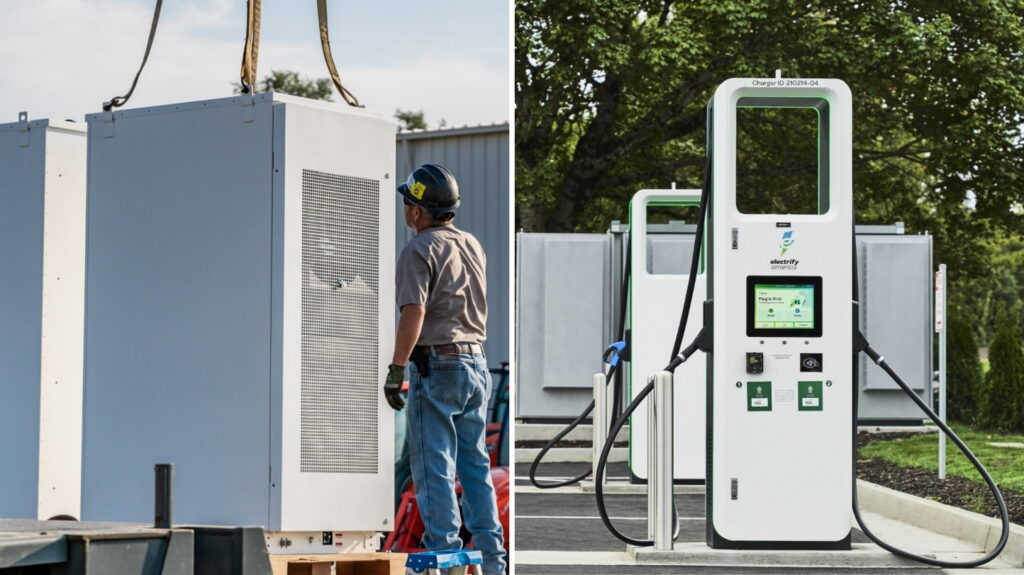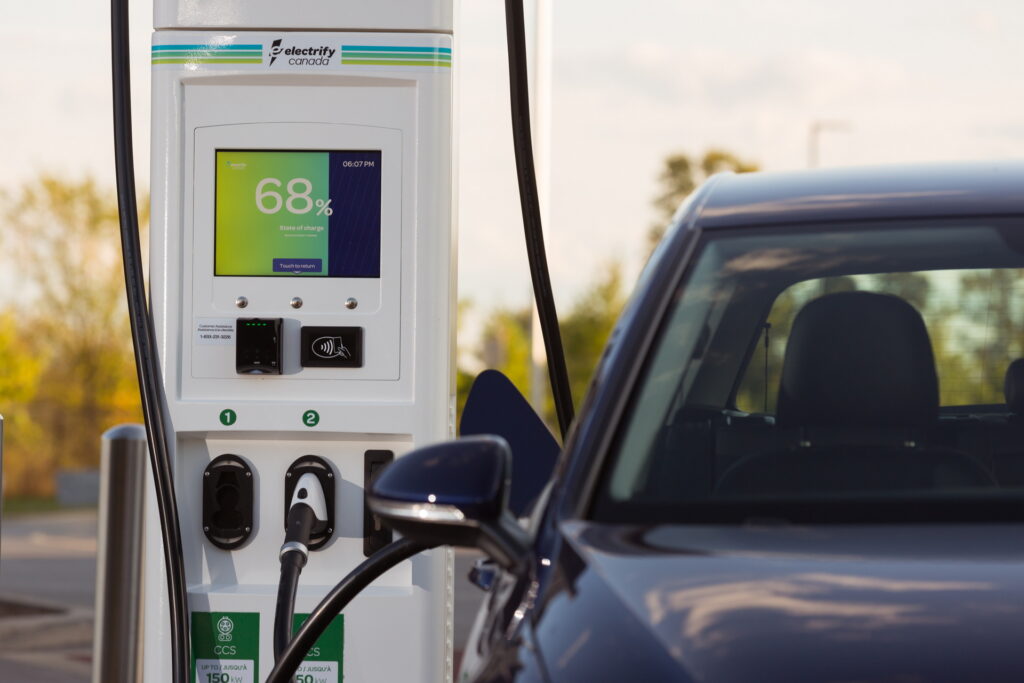Concerns about legal challenges could prompt the U.S. government to delay a decision on whether or not electric vehicle manufacturers will be granted tradeable credits under a renewable fuel scheme.
This plan would have granted carmakers credits for charging vehicles with power generated from renewable natural gas or methane that could be collected from cattle and landfills. The Environmental Protection Agency (EPA) already operates the U.S. Renewable Fuel Standard (RFS) program that requires oil refiners to blend biofuels into the fuels they make. If not, they need to buy credits from other refiners. Adding EVs charged with renewable sources would have expanded the program.
However, Reuters has learned from two unnamed sources that a decision to implement the new scheme may be delayed over concerns about legal challenges to the plan. It is reported that the government now wants to split the two schemes. This would help it avoid the headache of potential protests to the inclusion of EVs that may delay the next round of RFS quotas on biofuels.
Read: Tuning Industry Isn’t Happy With Biden’s Tough New Emissions Regs

Under the scheme, EV manufacturers were expected to generate as much as 600 million credits in 2024 and 1.2 billion credits by 2025. EPA data from November last year revealed that the prices for an equivalent credit were around $2.30.
“EPA staff are currently working to finalize the rule by the June 14 consent decree deadline,” EPA spokesman Timothy Carroll told Reuters.
Last week, the House of Representatives’ Energy and Commerce Committee argued that the RFS scheme is centered on traditional fuels and should not focus on electrification issues.
The Biden administration has ambitious goals to electrify much of the country’s vehicle fleet. Recently, the EPA presented new emissions rules to restrict tailpipe pollution that could result in 54% to 60% of all new vehicles in America to be electric by 2030 before rising to between 64% and 67% in 2032.




